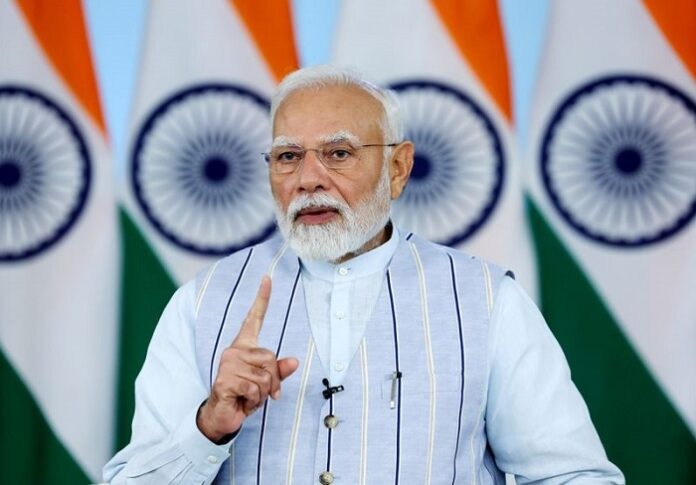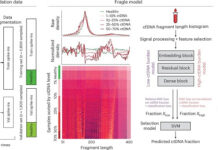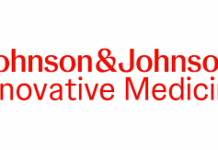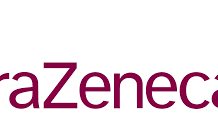

At its 78th session, the World Health Assembly (WHA) adopted the long-awaited WHO Pandemic Agreement, marking a milestone in global health governance. This historic treaty follows three years of rigorous negotiations, initiated to address the glaring gaps and inequities exposed by the COVID-19 pandemic.
Strengthening Global Collaboration and Equity
The Pandemic Agreement aims to enhance international coordination and ensure equitable, timely access to essential health tools—vaccines, diagnostics, and therapeutics—during future pandemics. By promoting fairness and solidarity, the treaty seeks to make the world safer and more prepared for health crises.
Prime Minister Modi Applauds the Treaty
Addressing the Assembly virtually, Prime Minister Narendra Modi hailed the agreement as a shared commitment to global cooperation.
“The health of the world depends on how we care for the most vulnerable,” he stated, emphasizing India’s inclusive health model. He also highlighted India’s initiatives such as Ayushman Bharat, the world’s largest health insurance scheme, which provides free hospitalization for 580 million people and was recently expanded to cover all Indians over 70 years of age.
India’s Scalable Health Solutions for the Global South
Modi underlined the impact of India’s subsidized public pharmacies and scalable healthcare models, particularly for the Global South. Referring to the World Health Assembly theme, One World for Health, he connected it with India’s vision of inclusive health, while promoting the upcoming International Day of Yoga, themed Yoga for One Earth, One Health.
WHO Chief Calls for Urgent Action
WHO Director-General Dr. Tedros Adhanom Ghebreyesus described the treaty as a triumph for public health, science, and multilateralism.
“This agreement ensures that we can collectively protect the world from future pandemics,” he said. He added that it recognizes the need to safeguard citizens, societies, and economies from the scale of suffering witnessed during COVID-19.
Treaty Adoption and Voting Outcome
As reported by Tribune India, the agreement was formally adopted in a plenary session of the WHA after receiving 124 votes in favor, 11 abstentions, and no objections during committee discussions. Abstaining countries included Poland, Israel, Italy, Iran, Russia, and Slovakia. Slovakia had requested the vote due to concerns over vaccine mandates.
Next Steps: Pathogen Access and Benefit Sharing System
Following adoption, the Assembly approved a resolution outlining implementation steps. A key next phase involves negotiating a Pathogen Access and Benefit Sharing (PABS) system through an Intergovernmental Working Group (IGWG). The outcome of this negotiation will be presented at next year’s WHA.
Ratification Process Ahead
Once the PABS annex is finalized and adopted, the WHO Pandemic Agreement will open for signatures and ratification by national legislative bodies. The agreement will officially come into force after receiving 60 ratifications.
A Unique Opportunity to Build a Safer Future
Dr. Tedros stressed the urgency of turning the agreement into action.
“COVID-19 was a once-in-a-lifetime emergency. This treaty is our once-in-a-lifetime opportunity to build on the lessons we’ve learned and protect future generations,” he concluded.























